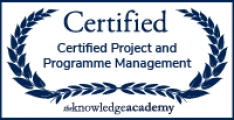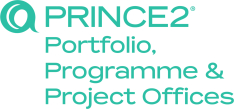 To help and support our clients we are providing a limited number of 250 daily discount codes. Hurry, first come, first served!
To help and support our clients we are providing a limited number of 250 daily discount codes. Hurry, first come, first served!
MSP® Training FAQs

Why we're the go to training provider for you

Best price in the industry
You won't find better value in the marketplace. If you do find a lower price, we will beat it.

Trusted & Approved
We are accredited by PeopleCert on behalf of AXELOS

Many delivery methods
Flexible delivery methods are available depending on your learning style.

High quality resources
Resources are included for a comprehensive learning experience.




"Really good course and well organised. Trainer was great with a sense of humour - his experience allowed a free flowing course, structured to help you gain as much information & relevant experience whilst helping prepare you for the exam"
Joshua Davies, Thames Water



Looking for more information on MSP® Training
 15+ Questions to Ask Managed Service Provider
15+ Questions to Ask Managed Service Provider MSP Roles and Responsiblities of Programme Manager
MSP Roles and Responsiblities of Programme Manager MSP Exam Preparation Guide : Foundation and Practitioner
MSP Exam Preparation Guide : Foundation and Practitioner What is MSP Change Management? - A Detailed Explanation
What is MSP Change Management? - A Detailed Explanation 15+ Questions to Ask Managed Service Provider
15+ Questions to Ask Managed Service Provider What are the Benefits of MSP?
What are the Benefits of MSP? MSP Risk Management: A Complete Beginner Guide
MSP Risk Management: A Complete Beginner Guide



















 If you wish to make any changes to your course, please
If you wish to make any changes to your course, please


